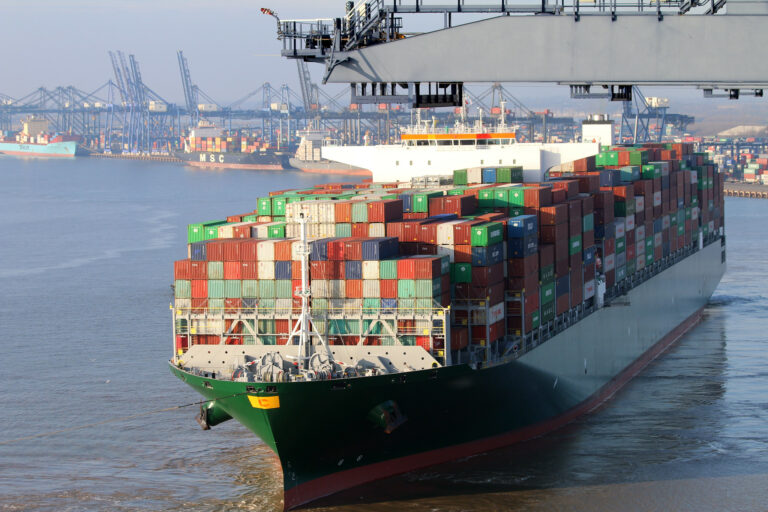Significant costs ahead for shipping industry to decarbonize, UNCTAD says
Clear regulatory signals, greater investment and cooperation among governments, industry and financial actors will be essential to driving the shipping industry’s transition, the United Nations Conference on Trade and Development (UNCTAD) said.

Decarbonizing maritime transport will entail significant costs, including fleet renewal, port adaptation and alternative fuel infrastructure, the UN intergovernmental body has warned.
UNCTAD, which promotes the development-friendly integration of developing countries into the world economy, published The Review of Maritime Transport 2025: Staying the course in turbulent waters on September 24, 2025.
The report shows that shipping’s greenhouse gas emissions (GHG) rose by 5% in 2024. One of the reasons is rerouting – longer routes have increased carbon emissions, UNCTAD’s data shows.
What is more, only 8% of the world fleet’s tonnage is equipped to use alternative fuels, and ship recycling rates remain low.
The International Maritime Organization’s (IMO) Net-Zero Framework (NZF) — expected to be considered for adoption in October 2025 — will set a global fuel standard and introduce a GHG pricing mechanism from 2028, with a fund to potentially support developing countries.
Content Original Link:
" target="_blank">




































































